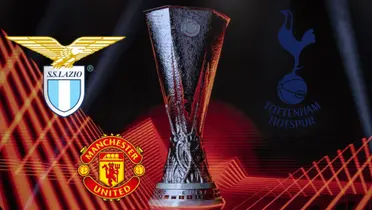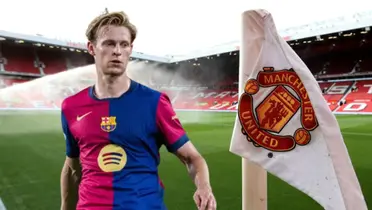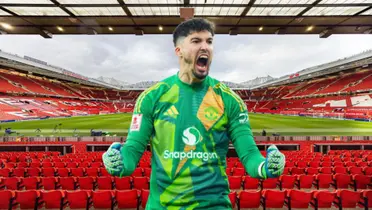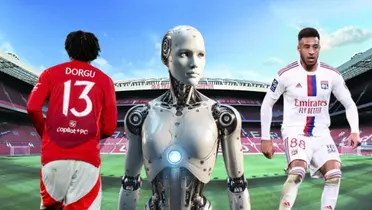How did World War I transform Manchester United and Old Trafford?
The echo of trenches at Old Trafford: The impact of the great war on Manchester United

The final whistle echoed across English football fields in 1914, not to mark the end of a match, but the outbreak of a global conflict. World War I plunged the world into a whirlwind of chaos, and Manchester United, like many other clubs, was forced to face an uncertain future. The passion for football, which united crowds at Old Trafford, was overshadowed by the call to arms, and the players, as citizens, responded to their patriotic duty.
English football, a pillar of society, came to an abrupt halt. The Football League suspended its activities, and the stadiums, once resounding with cheers, fell into a sepulchral silence. Manchester United, a team on the rise, saw its path to glory cut short. The war was not only fought on the battlefields but also in the hearts of fans, who watched their beloved sport fade into the shadow of conflict.

The call to arms: Players and fans at the front
With the outbreak of war, many Manchester United players joined the British Army, leaving behind their boots and uniforms to wield rifles and wear khaki. These men, accustomed to the camaraderie of the locker room, found themselves in the trenches, facing unimaginable horrors. The war did not distinguish between footballers and civilians, and many of these sporting heroes never returned home.
The departure of the players left a void in the team and among the fans. Old Trafford, which once vibrated with the energy of matches, became a somber place, where the echo of goals was replaced by the silence of absence. War had stolen not only lives but also the joy of football, leaving a deep wound in the Manchester United community.

Times of uncertainty: The economic and social impact
The war not only affected the team on the field but also financially. Manchester United, like many other clubs, faced economic hardship due to decreased revenue and increased expenses. The lack of matches and the departure of players drastically reduced the club's income, while stadium maintenance costs and other expenses continued to accrue.
In addition to the economic impact, the war also had a profound effect on the morale of the club and its fans. Uncertainty about the future of football and concern for the safety of the players created an atmosphere of anxiety and sadness. War had changed everyone's lives, and Manchester United was no exception.

The legacy of war: Reconstruction and resilience
After the 1918 armistice, the world began to rebuild, and English football gradually returned to normal. Manchester United, like many other clubs, had to rebuild its team and identity. Players returning from the war carried with them the physical and emotional scars of the conflict, and the club had to adapt to a new reality.
War left a legacy of resilience and determination at Manchester United. The club learned to overcome adversity and value the importance of team spirit. Players and fans who lived through the war developed a sense of camaraderie and solidarity that lasted long after the conflict ended.
Football as a symbol of hope and unity
The return of football after the war was a symbol of hope and unity for English society. Stadiums, which had once witnessed the passion for sport, became places of gathering and celebration, where people could temporarily forget the horrors of war and enjoy the joy of football.
Manchester United, as one of the most important clubs in England, played a crucial role in the reconstruction of football and the restoration of the nation's morale. The club became a symbol of resilience and hope, demonstrating that even in the darkest moments, the spirit of football could prevail.
The echo of the trenches resonated at Old Trafford for years, reminding us of the sacrifice of those who gave their lives for their country. The impact of World War I on Manchester United was profound and lasting, but it also served to strengthen the club's spirit and its commitment to the community.
What you should know about the impact of World War I on Manchester United:
- The suspension of the Football League interrupted the season and left the club in a sporting limbo.
- Numerous Manchester United players joined the British Army, risking their lives at the front.
- The departure of players and the lack of matches severely affected the club's finances.
- War left an indelible mark on the morale of the club and its fans, creating an atmosphere of uncertainty and sadness.
- Manchester United, along with other clubs, played a crucial role in the reconstruction of English football after the war.
More news
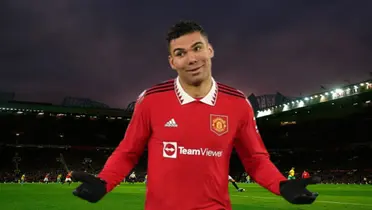
The Numbers Don't Lie: Casemiro's Dominance Returns
31/03/2025

United's Dream Pairing: The Duo Fans Are Eager to See
31/03/2025
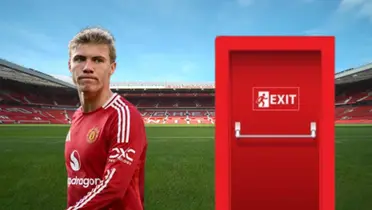
Hojlund's Fate: Will He Stay or Leave Man United?
31/03/2025
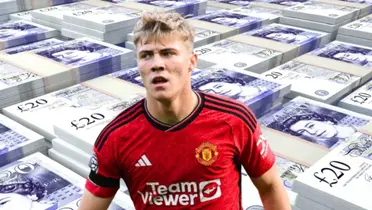
Højlund's Plummeting Value: A Cause for Concern at Man United
31/03/2025
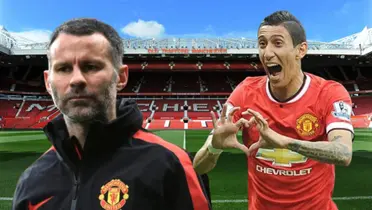
Giggs' Misjudgement: Depay's Free-Kick Hopes Fall Flat
31/03/2025
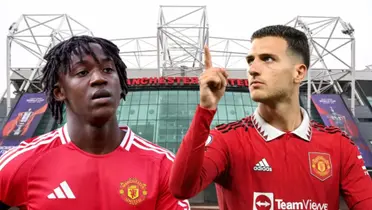
Man United's Summer Clearout: Players on the Chopping Block
31/03/2025
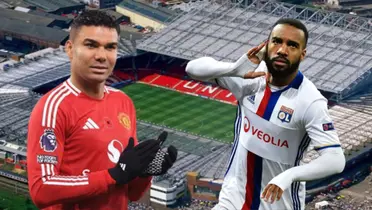
Financial Divide: Man United's Value Dwarfs Olympique Lyon's Squad Cost
30/03/2025
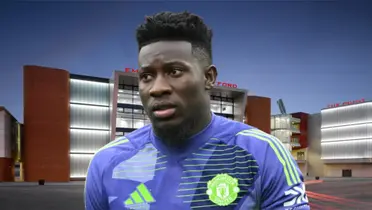
Onana Exit Rumors Swirl: How the Goalkeeper Is Responding
30/03/2025
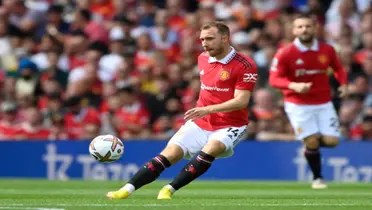
Eriksen breaks the silence about the rumors of not renewing
30/03/2025
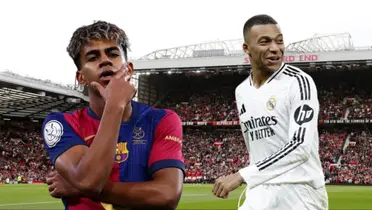
World-Class Player Available: Romano Reveals Transfer Bombshell
30/03/2025

Ugarte's Premier League Insight: Key Differences From Ligue 1 Revealed
30/03/2025
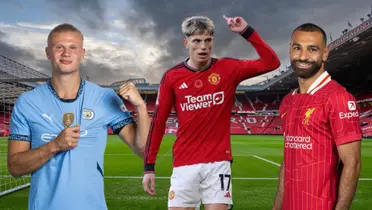
Garnacho Outshines Salah and Haaland: A Stunning Statistical Triumph
29/03/2025
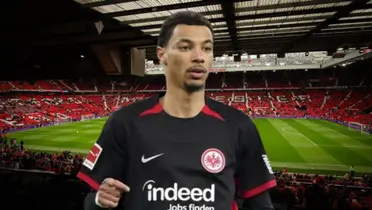
Ekitike's Staggering Stats: Why Man United Are Keen
29/03/2025
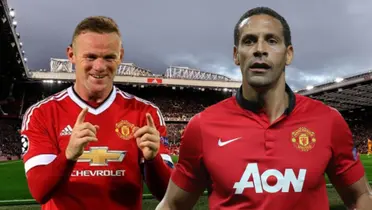
Beyond Legends: The United Player Who Rewrote Investment History
29/03/2025
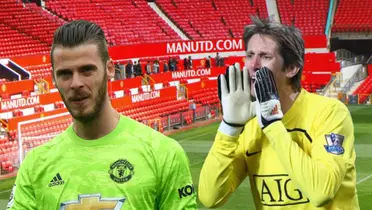
Manchester's Goalkeeping Giants: Who Reigns Supreme?
29/03/2025
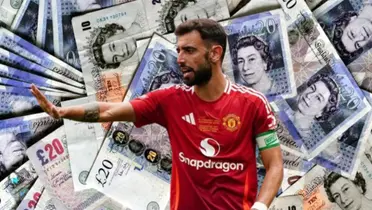
Fernandes' Fortune: Unveiling the Price Tag of United's Captain
29/03/2025
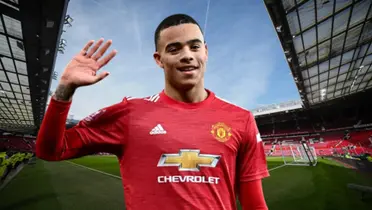
The Manchester United jewel that was rumoured for Barcelona ended up in an exotic league
29/03/2025

Father's Faith Pays Off: 100 Pound Bet on Son's United Debut
29/03/2025
